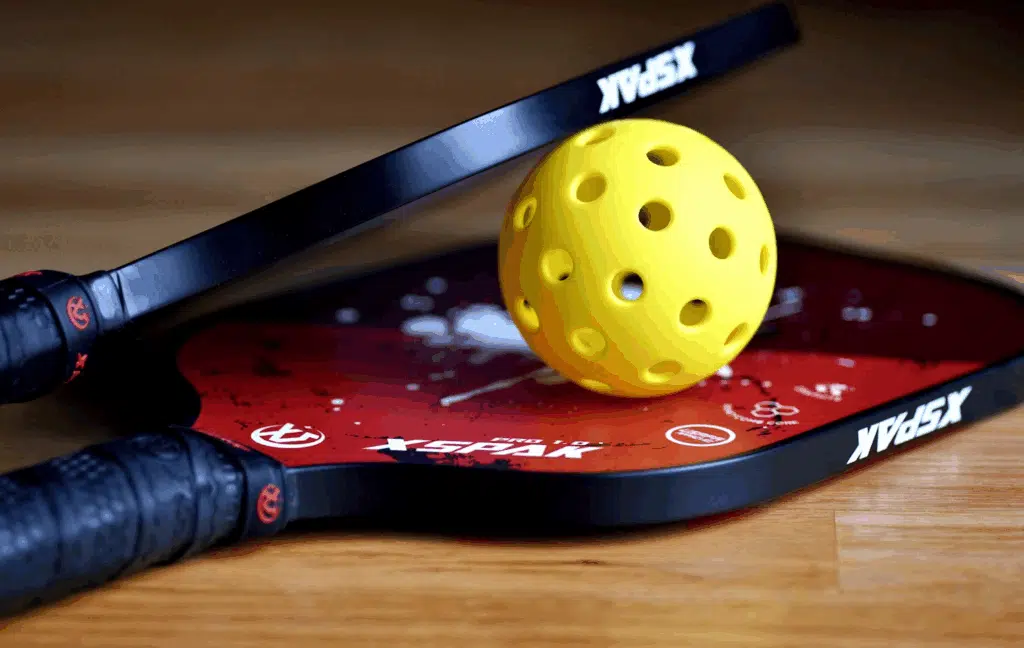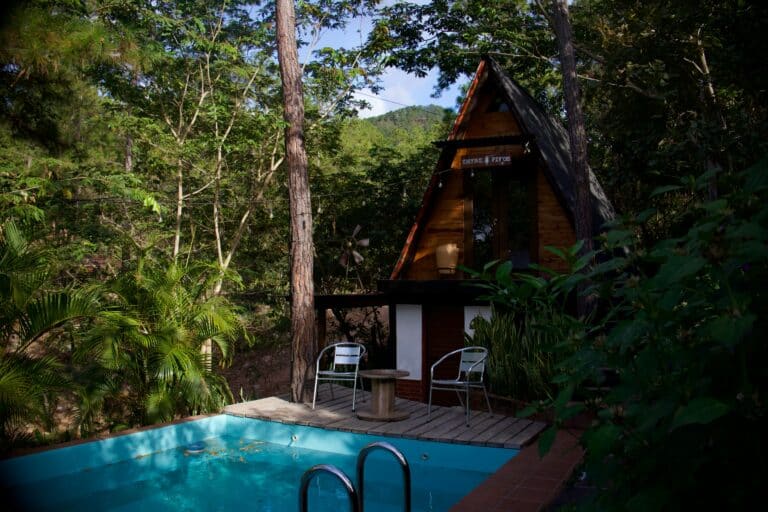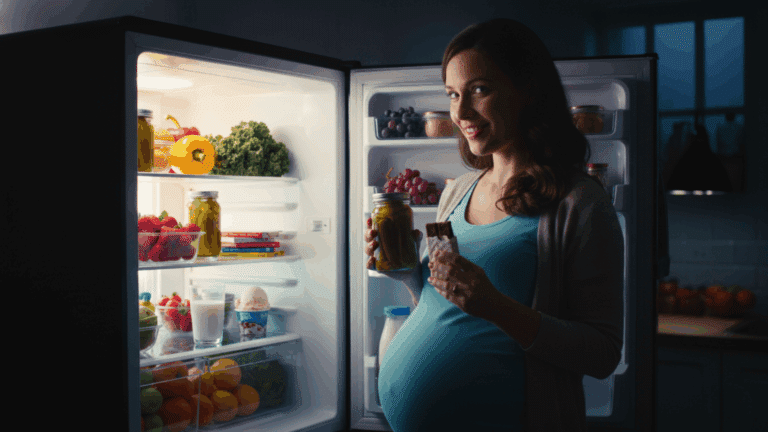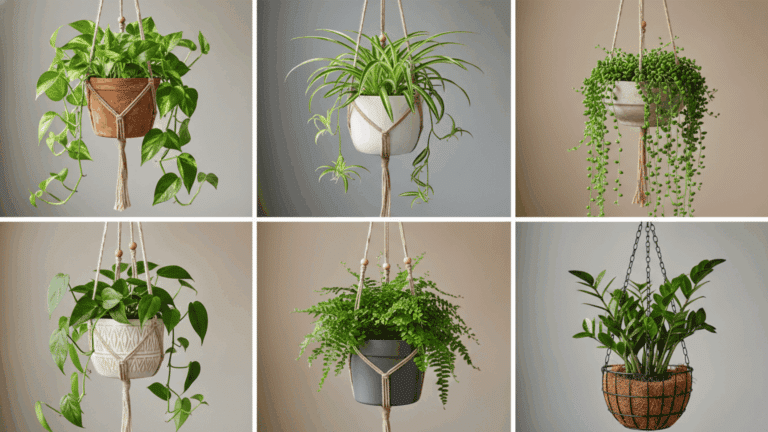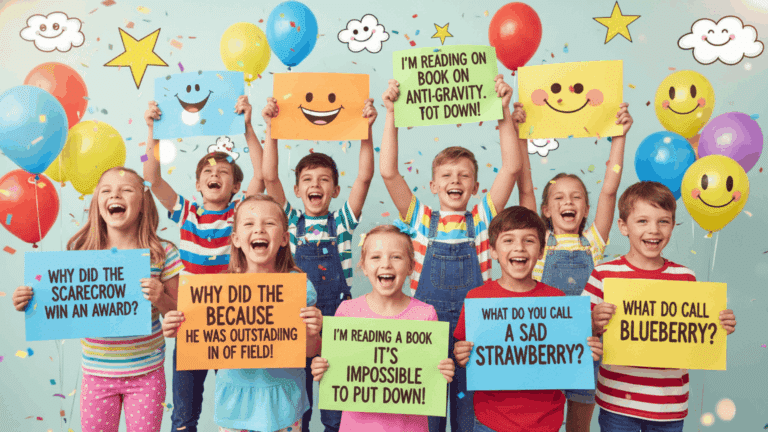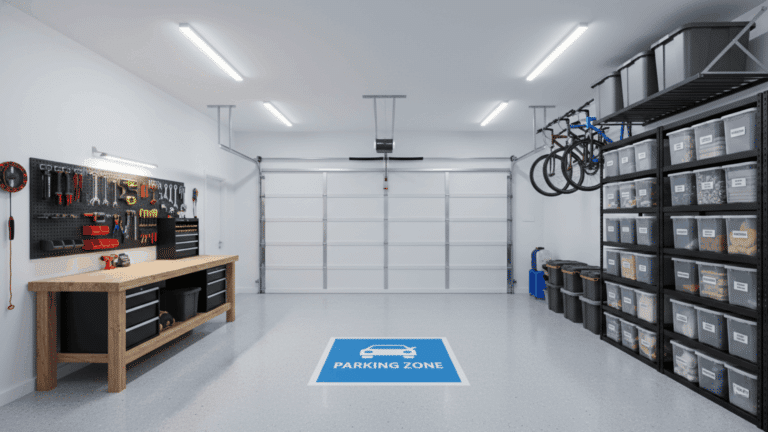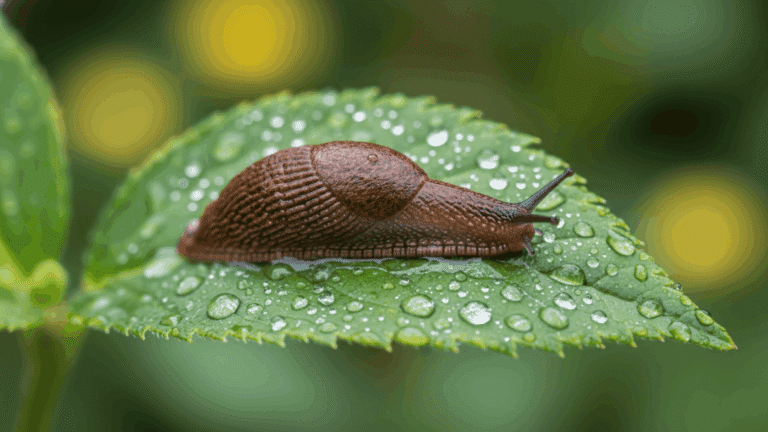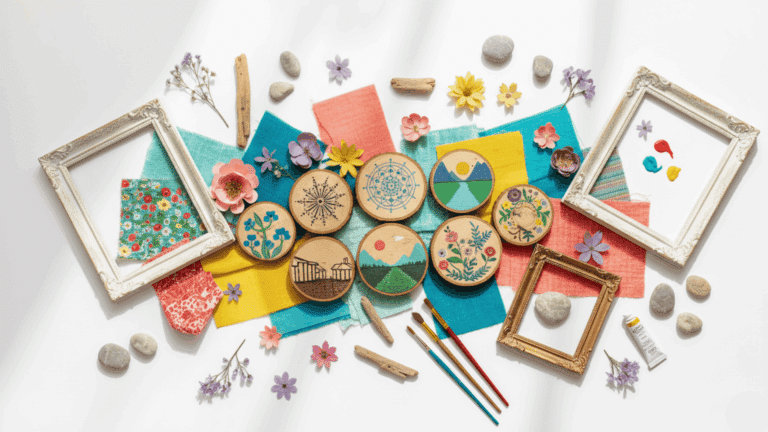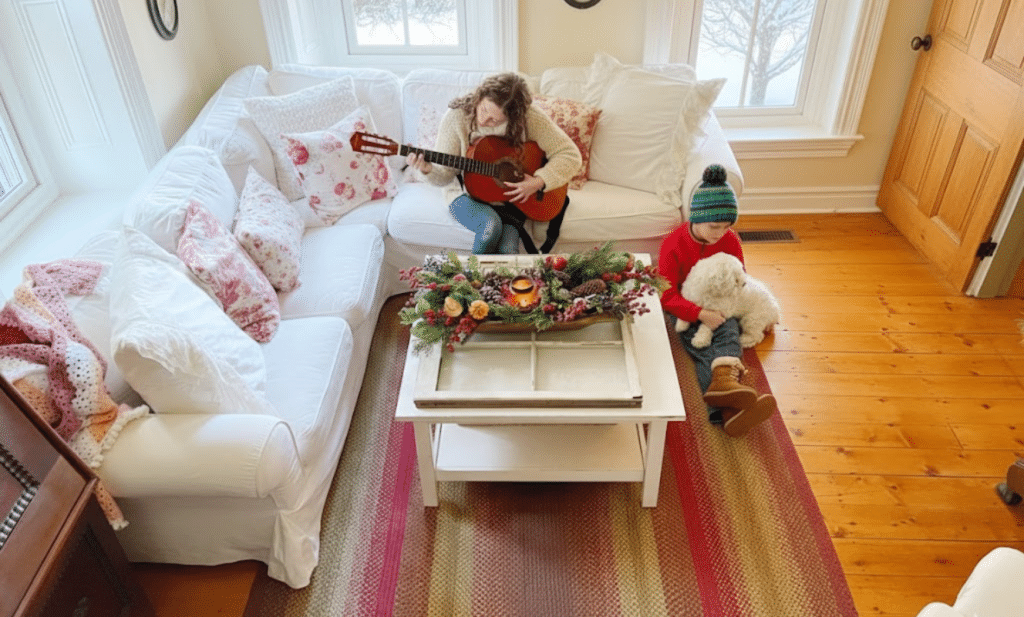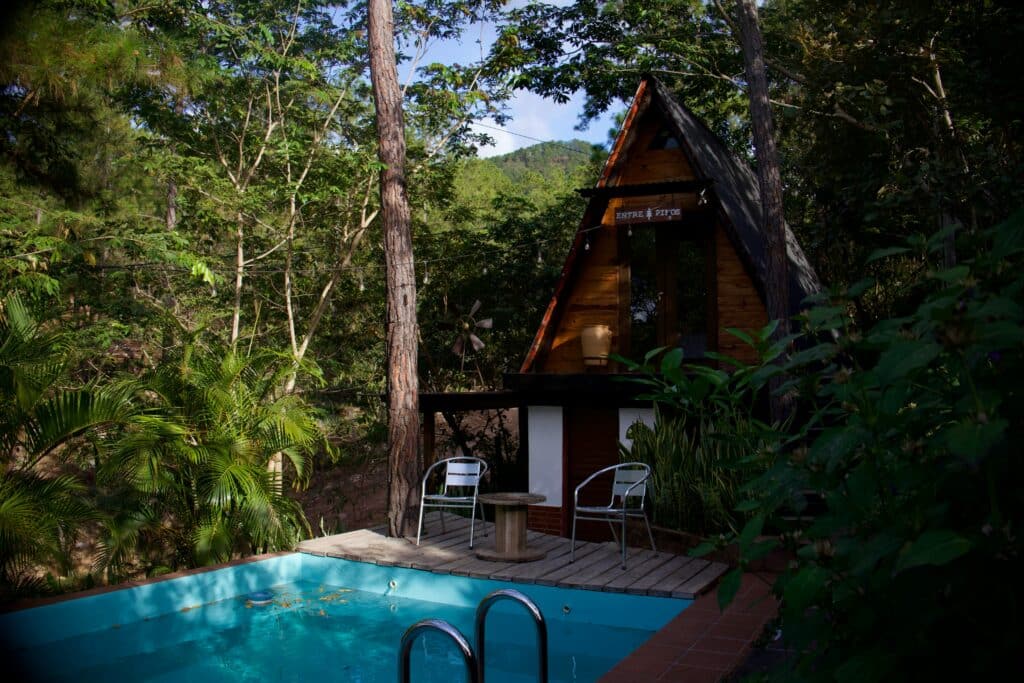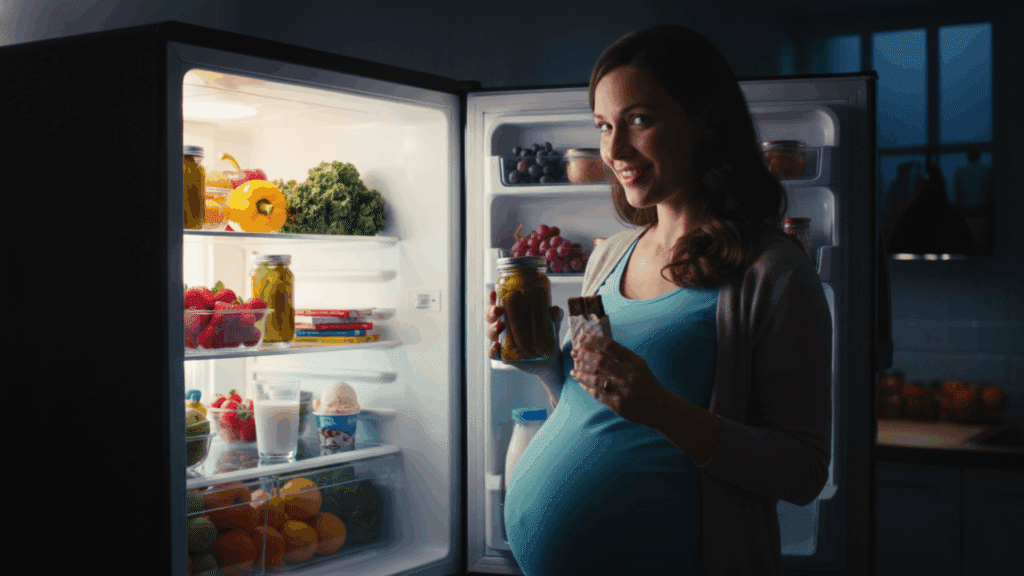Pickleball has surged in popularity across the United States, capturing attention from kids, teens, and adults alike. Fast-paced, easy to learn, and physical, it’s the perfect sport for children who thrive on activity and fun.
At a time when many summer programs focus on either traditional sports or passive entertainment, a pickleball summer camp offers a unique middle ground. It blends physical challenge, skill-building, and social interaction. For active kids who want to stay engaged during the school break, it’s hard to find a better fit.
A Chance to Learn Real Athletic Skills
Pickleball summer camps teach fundamental skills that benefit kids beyond the boundaries of the game. Campers learn strategy, footwork, and hand-eye coordination – and have fun while doing it.
Developing Coordination and Footwork
Pickleball emphasizes quick direction changes and coordinated paddle swings. Campers build balance and speed without even realizing it. These skills often carry over into basketball, soccer, or tennis. For active kids, that variety reinforces physical development in a healthy, low-stress way.
Learning Teamwork and Strategy
Even though it’s a racket sport, pickleball has a strong teamwork component, especially in doubles play. Kids learn to anticipate their partner’s movements, communicate clearly, and work together to win points. That kind of cooperation is valuable, whether they’re on a court or in a classroom.
The Energy of Pickleball Keeps Kids Engaged
The quick movements, short rallies, and constant involvement make a pickleball summer camp an ideal match for high-energy children.
Unlike some sports where kids may wait their turn, pickleball keeps everyone moving and involved. Whether a camper is new to the game or already plays regularly, the format allows for steady improvement without boredom.
Pickleball rallies are fast but controlled. This creates a game environment that rewards reaction time and awareness without overwhelming beginners. Active kids love that the ball is almost always in play. The short court size also keeps them physically close to the action, making each point feel exciting and important.
Camp programs often focus on friendly matches rather than strict competition. This helps kids stay active while learning at their own pace. It’s about effort, not perfection. That balance is key, especially for children who thrive in environments where movement and encouragement are combined.
Social Connections Happen Naturally on the Court
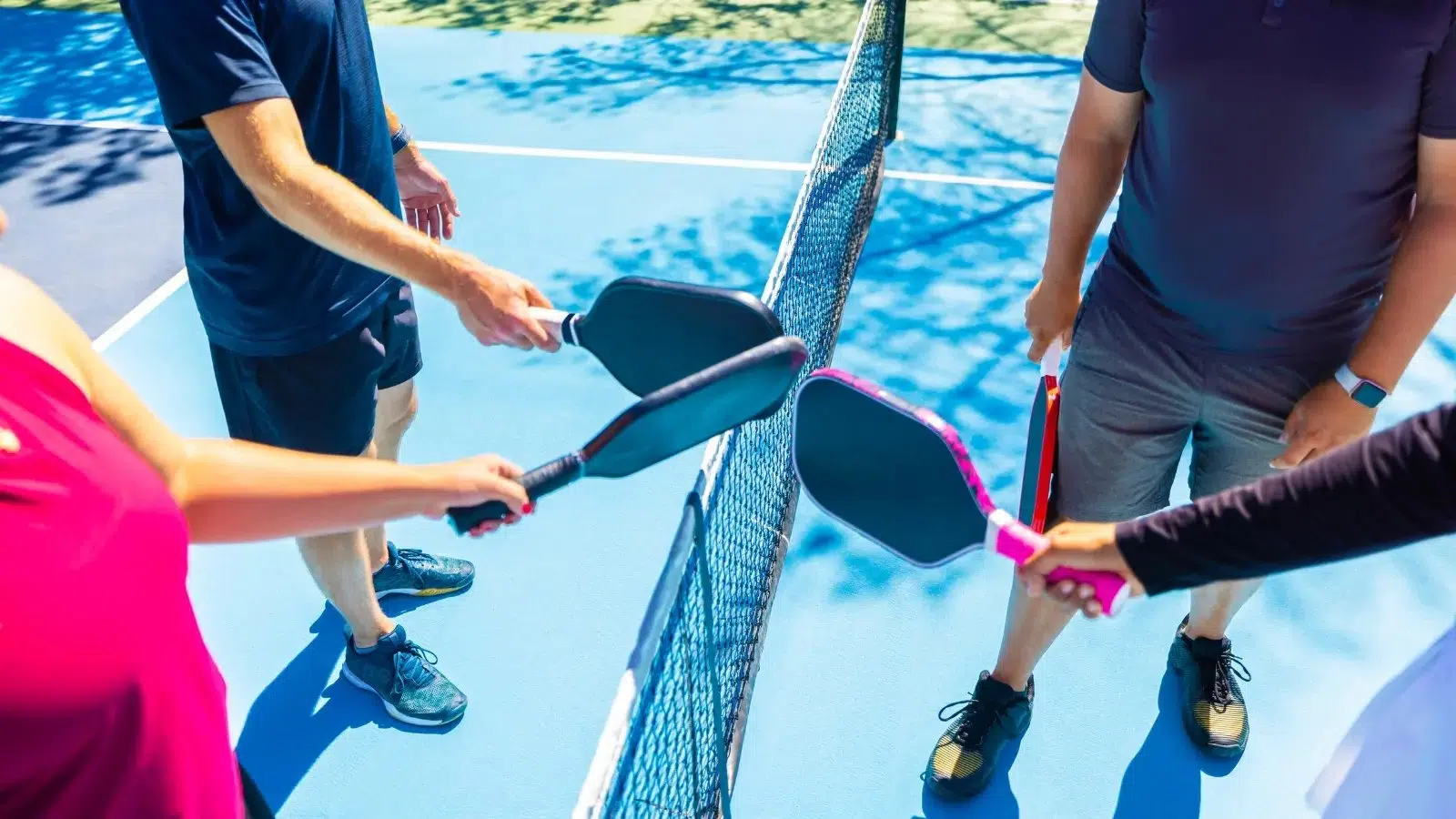
Pickleball is one of the most social sports for kids. It doesn’t require large teams or long time commitments, making it easy for campers to mix and mingle with different partners each day.
Built-In Partner Rotation
Campers often rotate through new partners and opponents, which helps reduce cliques and encourages broader friendships. This environment is ideal for children who may be shy or new to group settings. It allows relationships to grow naturally through play and shared goals.
Easy Rules, Easy Bonding
Because the game is simple to learn, there’s very little downtime between instruction and play. Kids are on the court, talking and laughing within minutes. That immediate engagement fosters connection faster than structured games with complex rules.
Encouraging Healthy Habits Without Pressure
Pickleball summer camps don’t preach health, they practice it. Through movement, hydration breaks, and team exercises, kids experience what it feels like to be healthy and energized. The sport itself becomes a lifestyle habit without feeling like a lesson.
A day at camp starts with stretching, followed by drills and guided games. This structure helps campers get into a rhythm that balances fun with responsibility. Parents often report that their kids return home with stronger awareness around staying active and building healthier habits.
Unlike more rigid sports camps, pickleball offers enough movement to tire kids out, without burning them out. The flexible pace lets campers push themselves or rest as needed. It becomes something they want to keep doing, long after camp ends.
Kids of All Skill Levels Feel Welcome
Some sports can be intimidating for kids who aren’t already experts. Pickleball summer camp removes that barrier. It’s easy to start and just as satisfying for newbies as it is for advanced players. That inclusivity makes it a rare environment where everyone feels like they belong.
The rules are simple. The equipment is light. Most kids can pick up a paddle and play within the first hour. As they practice, they discover the intricacies of strategy, keeping more advanced players challenged while still supporting those just starting out.
Camp staff are trained to adapt to each child’s comfort and ability level. They encourage improvement without pressure and make sure each camper feels included. That support is part of what makes the experience memorable, it’s not just the game, but the way they feel while playing it.
A Sport That Grows With Your Child
Pickleball isn’t a phase. It’s a sport with staying power. Kids who fall in love with it at camp often continue playing at local clubs, schools, or with family. The game adapts as they grow, offering new challenges without losing its charm.
Some campers discover a deep interest in pickleball through summer programs. They move from casual games into more structured practice or even junior competitions. The camp experience lights the spark, but the love of the game can burn for years.
Unlike some youth sports that lose appeal as kids age, pickleball is one of the few that fit all stages of life. Campers may start young and continue playing into adulthood. The skills, friendships, and joy built on the court become part of their life story, not just their summer.

